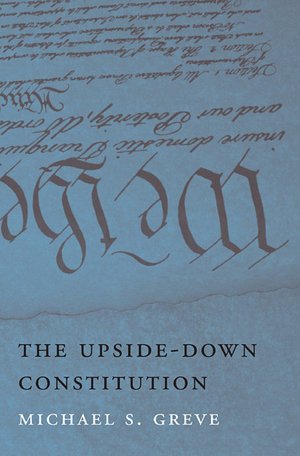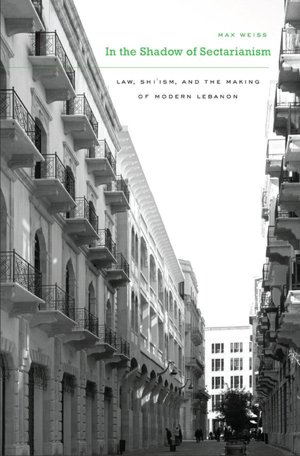This year’s cowinners of the Law and Society’s Association’s James Willard Hurst Prize in Socio-Legal in Socio-Legal History are Amy Chazkel, City University of New York, for Laws of Chance: Brazil’s Clandestine Lottery and the Making of Urban Public Life ( Duke University Press), and Daniel J. Sharfstein, Vanderbilt Law, for The Invisible Line: Three American Families and the Secret Journey From Black to White (Penguin Press). Congratulations!
Amy Chazkel, Laws of Chance: Brazil’s Clandestine Lottery and the Making of Urban Public Life
Amy Chazkel tackles a fascinating subject, the illegal lottery in Rio de Janeiro that begun in the 1890s and was knows as the jogo do bicho (or “animal game”). In Laws of Chance: Brazil’s Clandestine Lottery and the Making of Urban Public Life (Duke University Press), she poses interesting and provocative questions and brings to bear unique sources on law and society in early 20th century Brazil. The state prosecuted people for holding lottery tickets, but they continued to play the game and defy the law even as the lottery was driven underground. Chazkel explores how the persistence of the jogo do bicho helps to explain the phenomenon of informal markets in Latin America; moreover, widespread popular attitudes about the lottery’s acceptability forced changes in formal law and legal enforcement practices. Ultimately the state was obliged to accommodate public acceptance of the lottery, and judicial and police enforcement practices recognized the game’s legitimacy in the eyes of the citizenry. The committee was deeply impressed by the book’s broad accomplishment; this is no mere variation on the common these of public corruption in Latin American post-colonial history. Rather, in Chazkel’s nuanced handling, this story reveals subtle shifts in the meaning of legality and authority in the formation of the modern Brazilian state.
Daniel J.
Sharfstein, The
Invisible Line: Three American Families and the Secret Journey from Black to
White
Daniel
Sharfstein’s book, The Invisible Line: Three American Families and the Secret
Journey From Black to White (Penguin Press), is an elegantly written,
beautifully researched reconstruction of the lives of three families who
crossed the color barrier. The book’s lovely, elegant prose and exhaustive
research caught the committee’s attention and stood out in a field that
contained some particularly strong and worthy submissions. By meticulously
tracing generations of Americans for more than 150 years, Shartstein stunningly
documents the fluid nature of racial identity in the United States since the
Civil War. The committee was particularly struck by Sharfstein’s literary
touch; legal ideas recur as motifs throughout the narrative, lending an
especially graceful tone to the book. Sharfstein’s subjects come alive through
his adept recruitment of primary sources, and his willingness to let them speak
for themselves as much as the records permit pairs wonderfully with his
novelistic style.





















